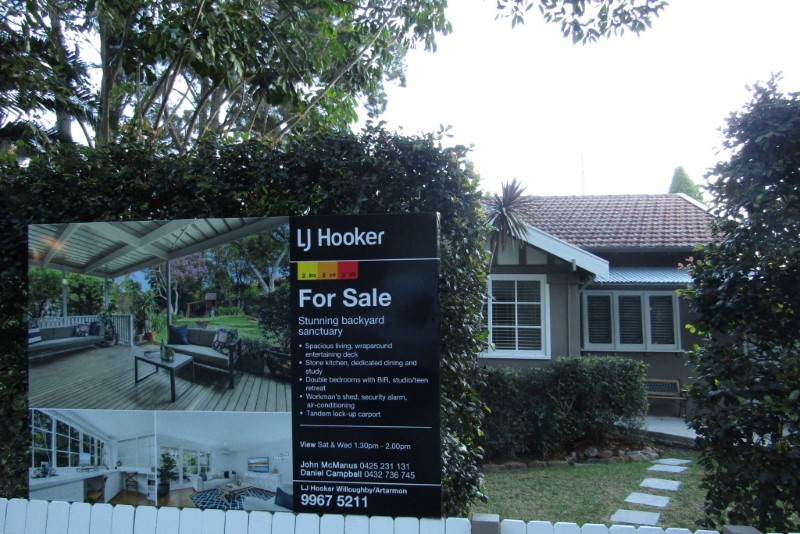* ASX 200 loses 7.4%, closes at lowest since Nov 2016
* Index firmly in bear territory, down 26.3% since Feb 20 peak
* Australia faces technical recession - UBS
* NZ50 gives up 5% to end near 9-month low (Updates to close)
March 12 (Reuters) - Australian shares fell more than 7% on Thursday, their biggest since the 2008 global financial crisis, as a surprise U.S. suspension of travel from Europe sparked worries that rising restrictions could further dent global economic growth.
The S&P/ASX 200 index .AXJO lost 7.4% to 5,304.60, its lowest close in more than three years, with just two stocks of the benchmark's 200 closing in the black.
The index is now firmly in "bear" territory, indicative of a drawn-out period of negative investor sentiment, having declined 26.3% since a Feb. 20 peak.
"For Australia a 'technical recession' is now likely, with two negative quarters of GDP in first-half of 2020," UBS said in a note, which will be the country's first since 1991, ending a 29-year bull run.
Trading volumes surged to a more than eight-year high, with 1.82 billion shares changing hands, double the 30-day average.
Earlier in the day, U.S. President Donald Trump suspended all travel from Europe to the United States, except for the United Kingdom, for 30 days starting on Friday to contain the spread of the outbreak. that the travel ban would slow global growth added to the worries of whether the stimulus measures being announced globally would be effective in limiting the outbreak's impact, prompting investors to cut exposure to riskier assets.
CMC Markets' chief market strategist, Michael McCarthy, said no additional health measures by Trump, along with worries that he can't deliver on his promise to cut the payroll tax on his own, removed hopes of a swift and strong reaction from the United States.
He said considering Australia's international exposure, traders were focussing on global response instead of local measures.
The heavyweight Australian financials sub-index .AXFJ hit its lowest close since November 2012, with all the Big Four banks trading lower in the range of 7.8% to 8.8%.
Commonwealth Bank of Australia CBA.AX , the country's top lender, dropped 7.9% to settle at it lowest in more than seven years, while second-largest bank Westpac Banking Corp WBC.AX fell 8.8% to a more than decade low.
The heavyweight mining sector .AXMM declined 7.4%, with BHP Group BHP.AX and Rio Tinto (LON:RIO) RIO.AX losing 7.7% and 6.4%, respectively.
Energy stocks .AXEJ settled at their lowest in more than 15 years, with Woodside Petroleum WPL.AX and Santos STO.AX giving up 9.1% and 7.9%, respectively.
Among the biggest stocks on the benchmark index, blue-chip drugmaker CSL Ltd CSL.AX slumped 7.7% in its biggest daily drop since February 2015.
Meanwhile, engineering company CIMIC Group CIM.AX added 2.2% after a unit secured two rail sector contracts, while medical imaging services provider Pro Medicus PME.AX rose 1.3%. New Zealand, the benchmark S&P/NZX 50 index .NZ50 dropped 5% to 10,333.27, its lowest close in nearly nine months and declining for a fifth consecutive session.
Westpac Banking Corp's New Zealand-listed shares WBC.NZ slumped 9.3% to a more than 11-year closing low, while Ryman Healthcare RYM.NZ dropped 8.8%, the most since October 2008.
